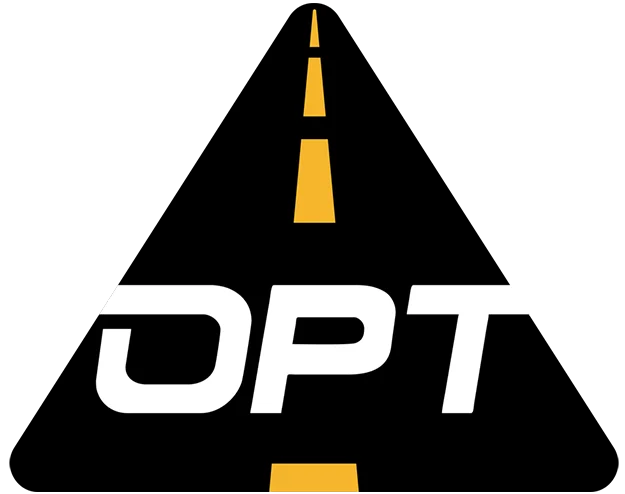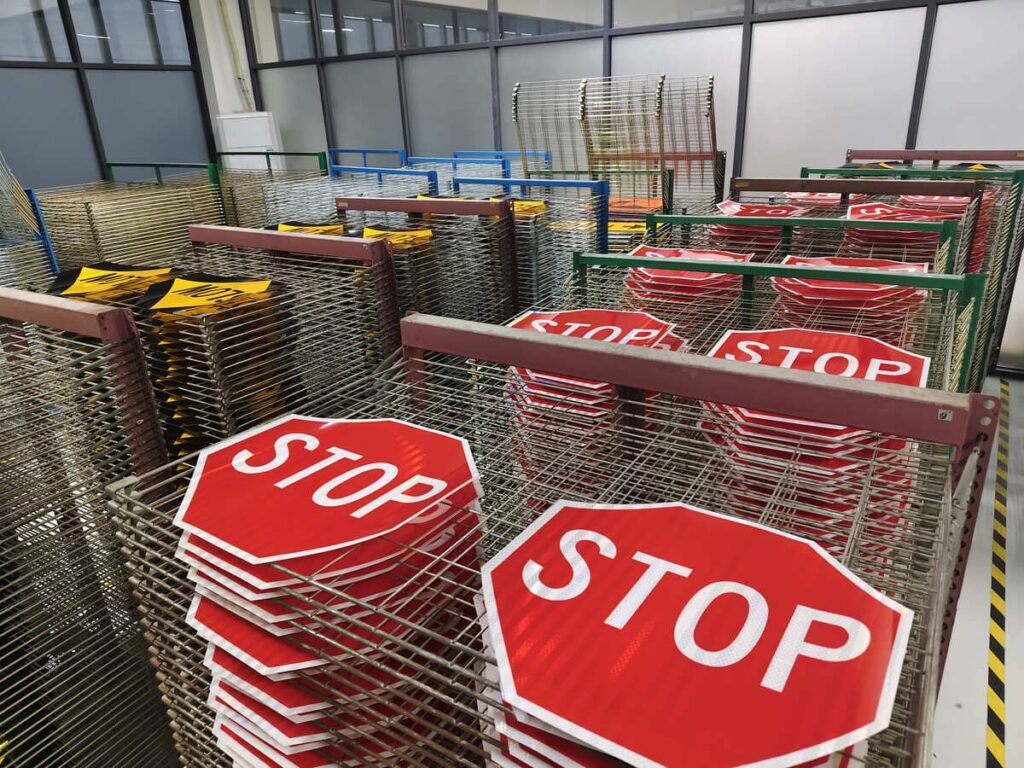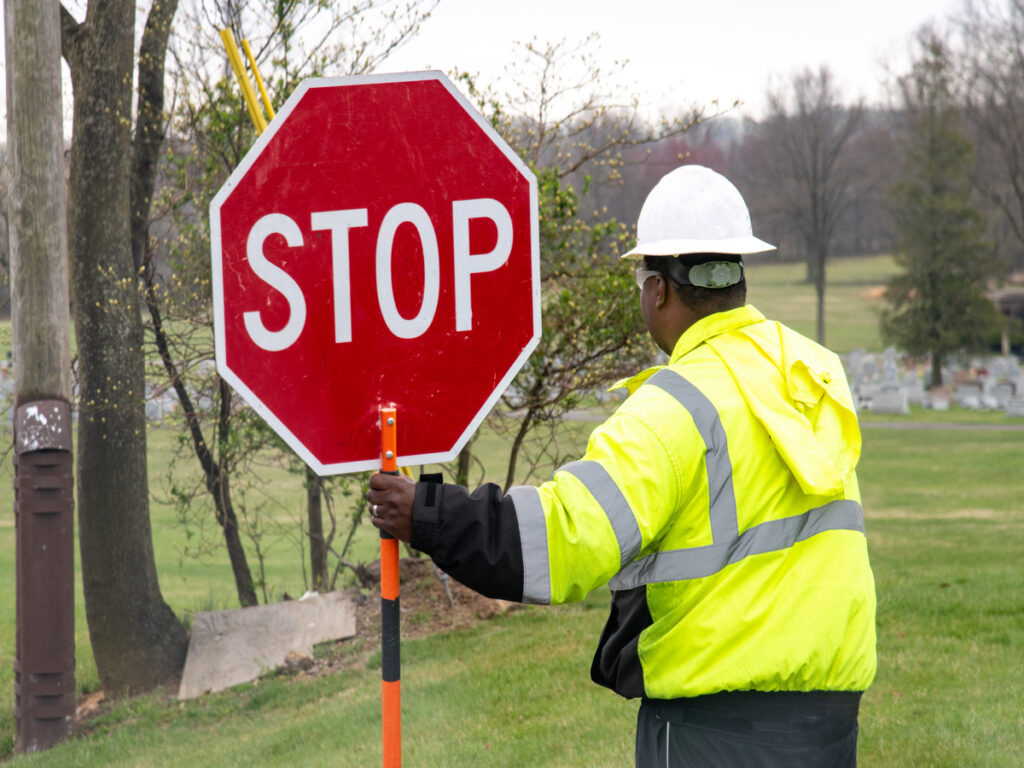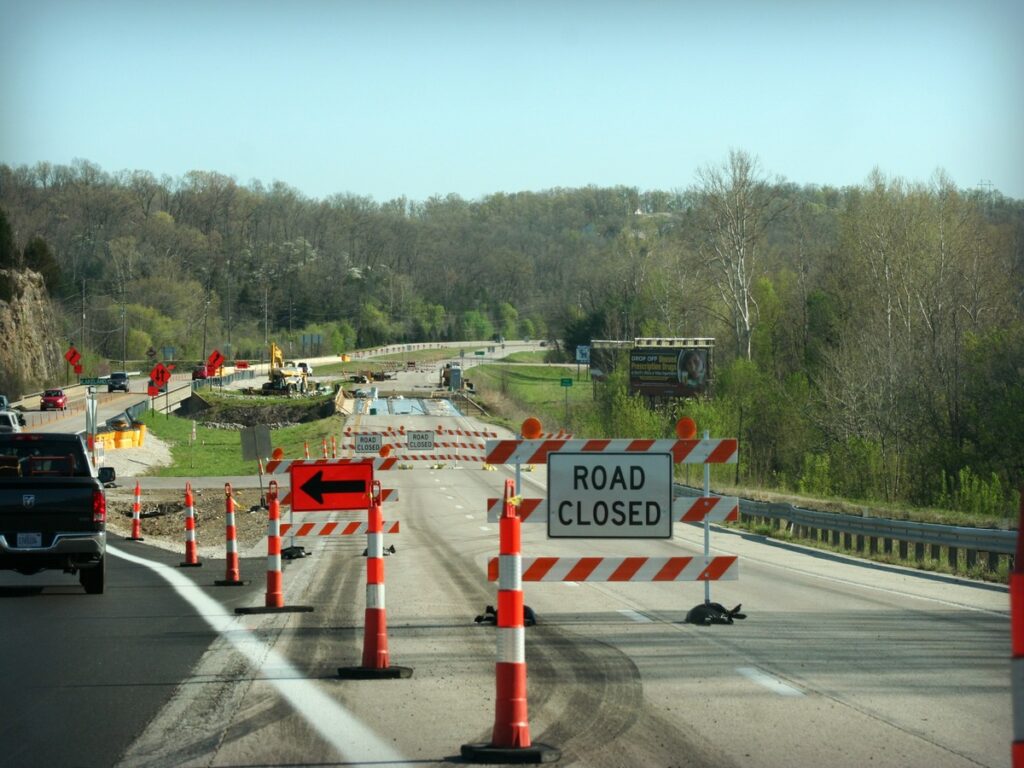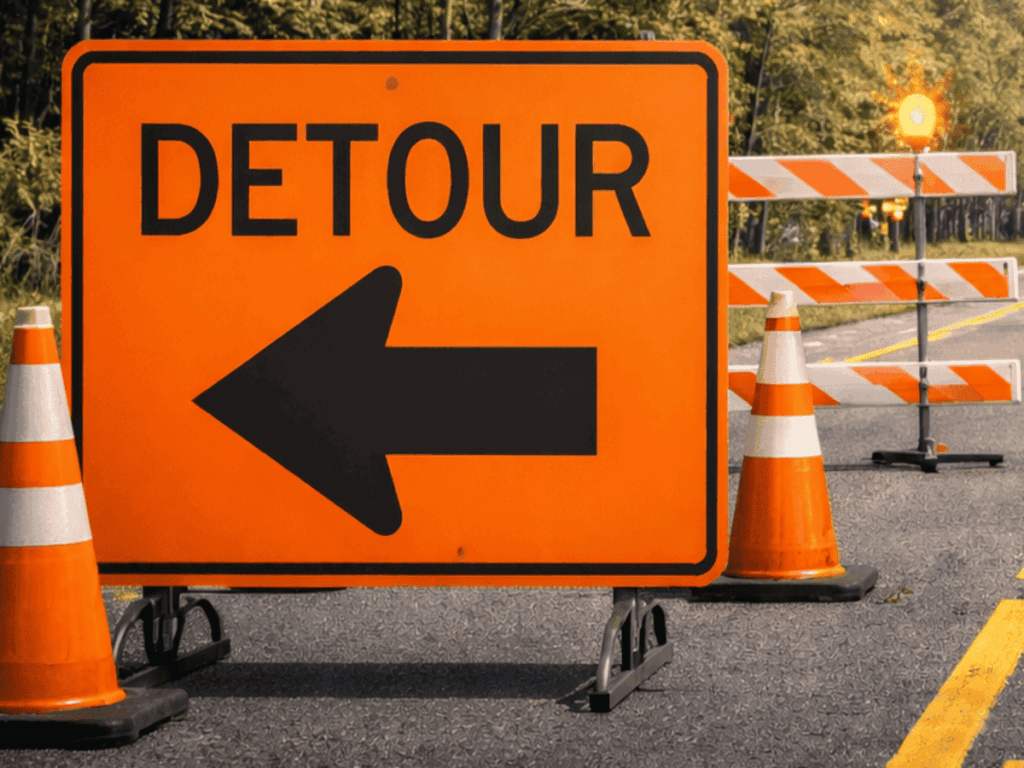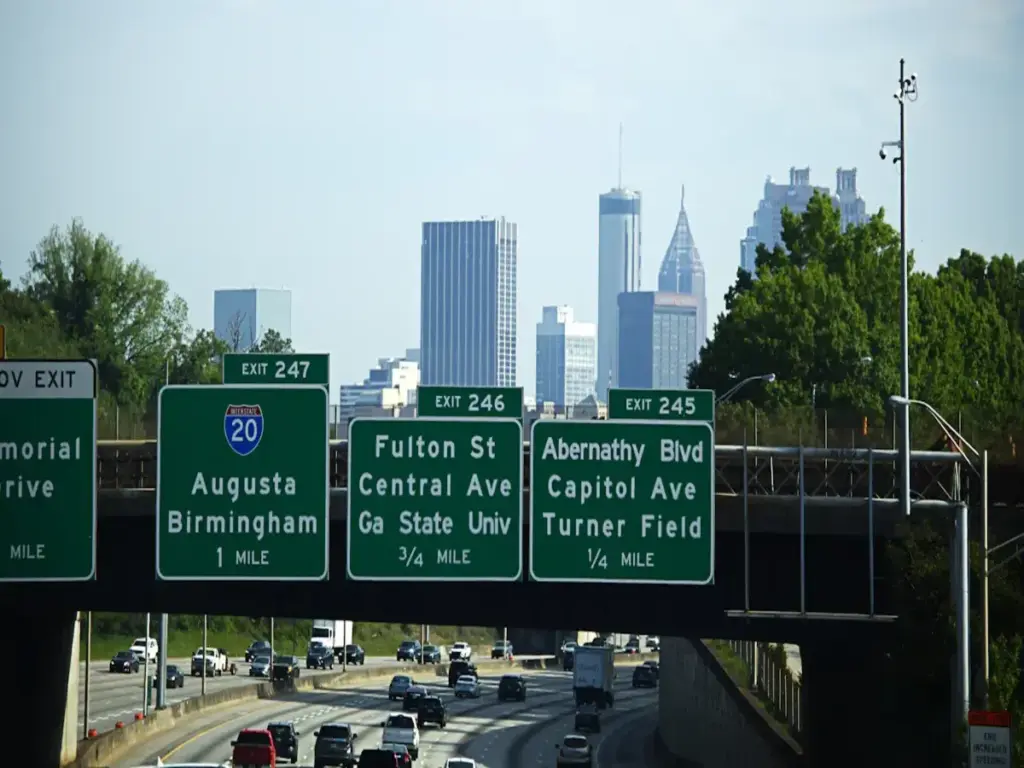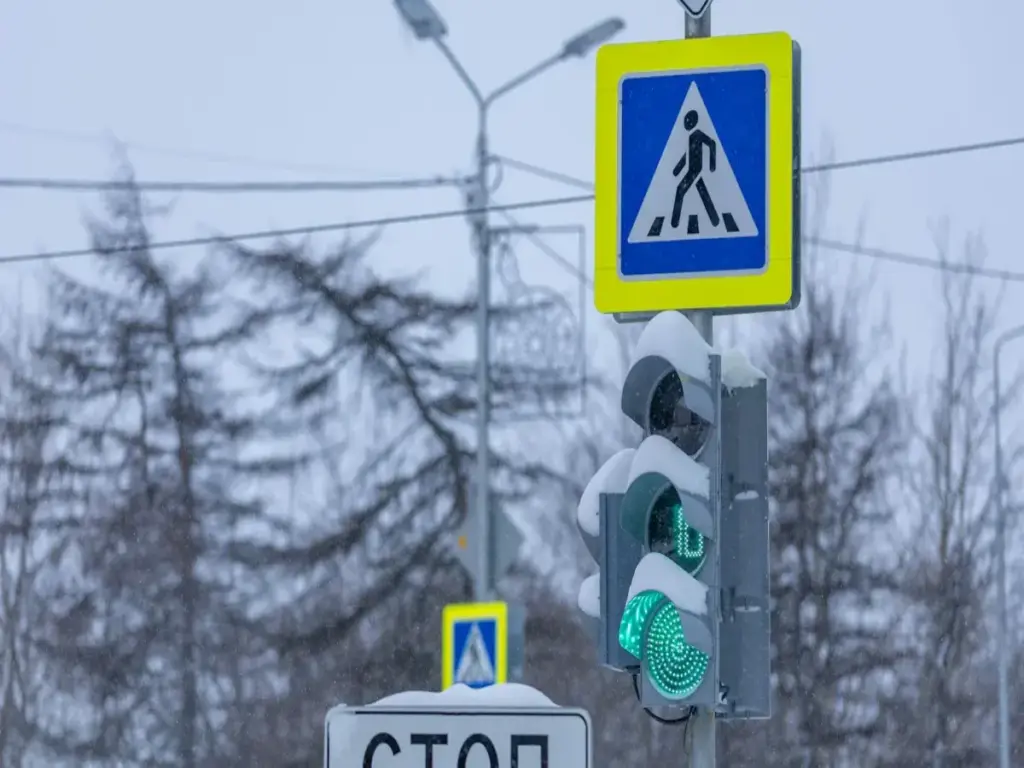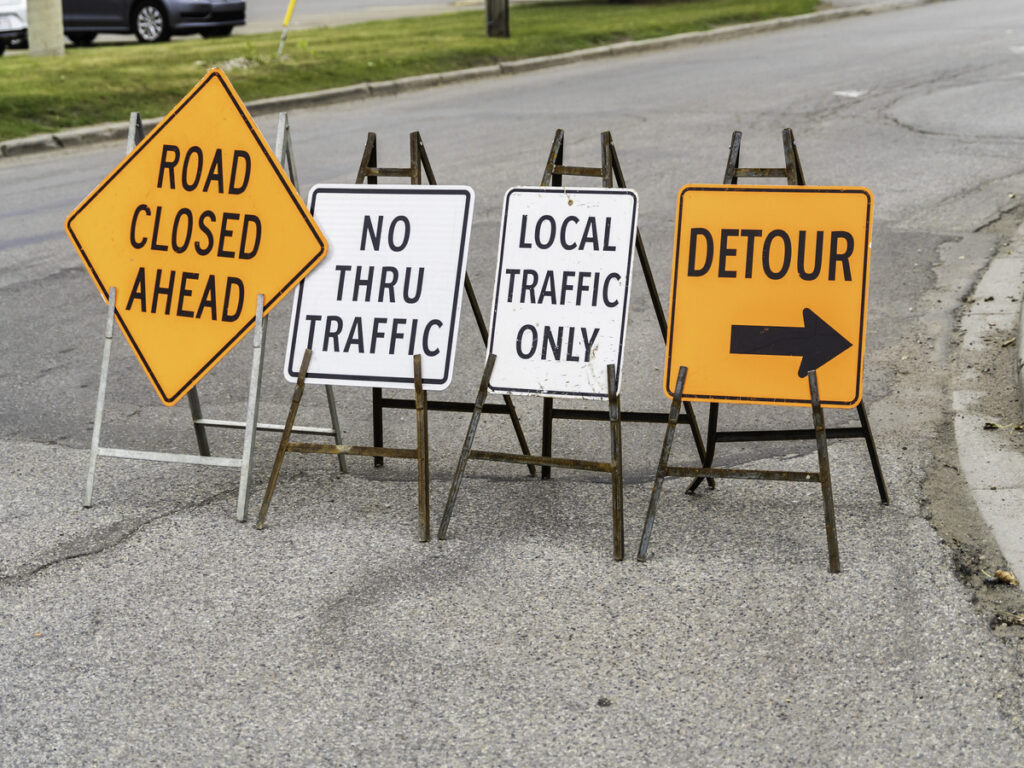
Multi-Message Frames help control traffic well in Australia. These sign frames show many messages at the same time. They work great on highways, city roads, and near construction sites. You can use them to share important alerts like speed rules, closed lanes, or work warnings. They are flexible and improve safety by giving drivers clear updates quickly. When picked wisely, they adjust to changes and keep traffic moving smoothly.
OPTRAFFIC offers high-quality Multi-Message Frames designed to meet diverse traffic management needs. With easy installation, durability, and long-lasting performance, OPTRAFFIC ensures that you have the best tools for keeping road users informed and safe.
Key Takeaways
- Multi-Message Frames show many traffic messages together. This helps drivers stay alert and safe on roads.
- Pick frames based on traffic size and message clarity. Big frames are good for highways, while small ones fit city streets.
- Use strong materials like aluminium or stainless steel. These last long and handle Australia’s tough weather.
- Make sure the frames work with current traffic systems. This avoids setup problems and keeps things running smoothly.
- Follow Australian rules like AS 1742 for safety. This also prevents fines and ensures everything is legal.
Understanding Multi-Message Frames
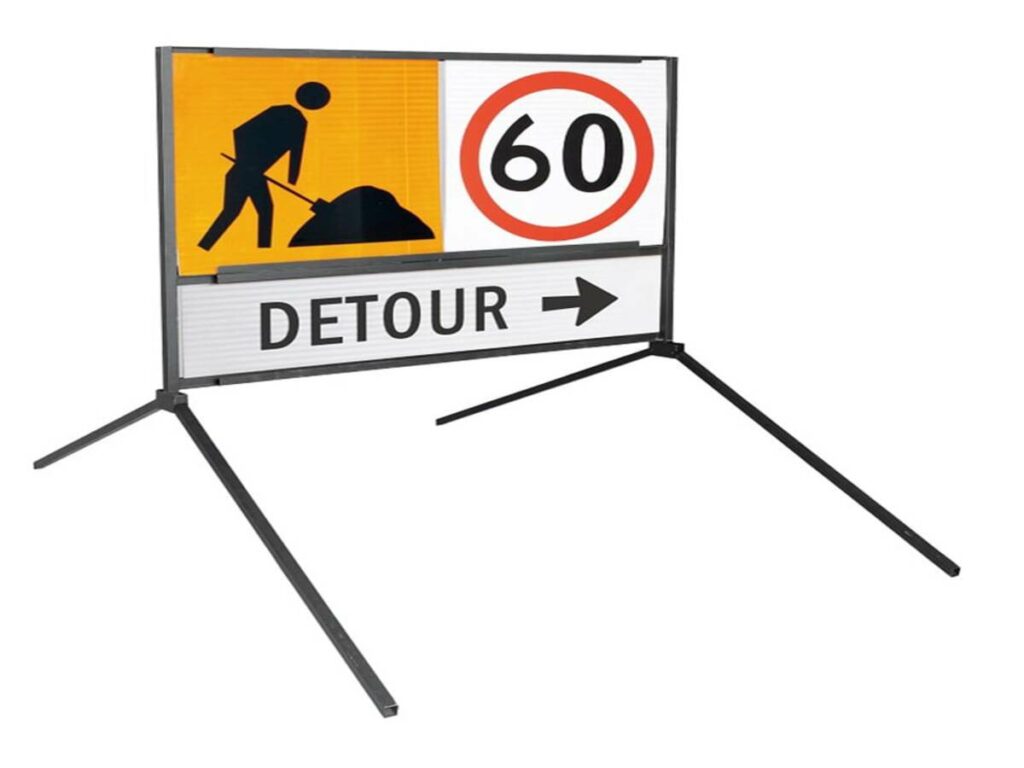
Definition and purpose
A Multi-Message Frame is a special stand for traffic signs. It shows many messages at once in one place. This helps drivers see clear and organised updates quickly. These sign frames are useful where traffic changes often, like highways or city roads. They also work well near construction sites with changing conditions. With these frames, you can share details like speed limits or lane closures. Drivers can also see detours or warnings in one quick look. This reduces confusion and makes roads safer for everyone.
Applications in Australian traffic management
In Australia, these sign frames are important for managing traffic. You can see them on busy highways showing speed changes or warnings. They also display lane shifts or accident alerts to drivers. In cities, they help with tricky traffic by giving clear updates. Construction areas use them to show roadworks or detour routes. They also warn about safety rules in those zones. These frames work well in different places, keeping traffic information clear and helpful.
Benefits for dynamic traffic environments
Busy roads in Australia need smart and strong solutions. Multi-Message Frames are great for these situations. They let you change messages fast so drivers stay informed. One frame can hold many signs, saving space and effort. Their tough design handles bad weather, lasting a long time. Using these frames helps traffic move better and reduces accidents. They also make roads safer for everyone driving or walking nearby.
Key Considerations for Choosing a Multi-Message Frame
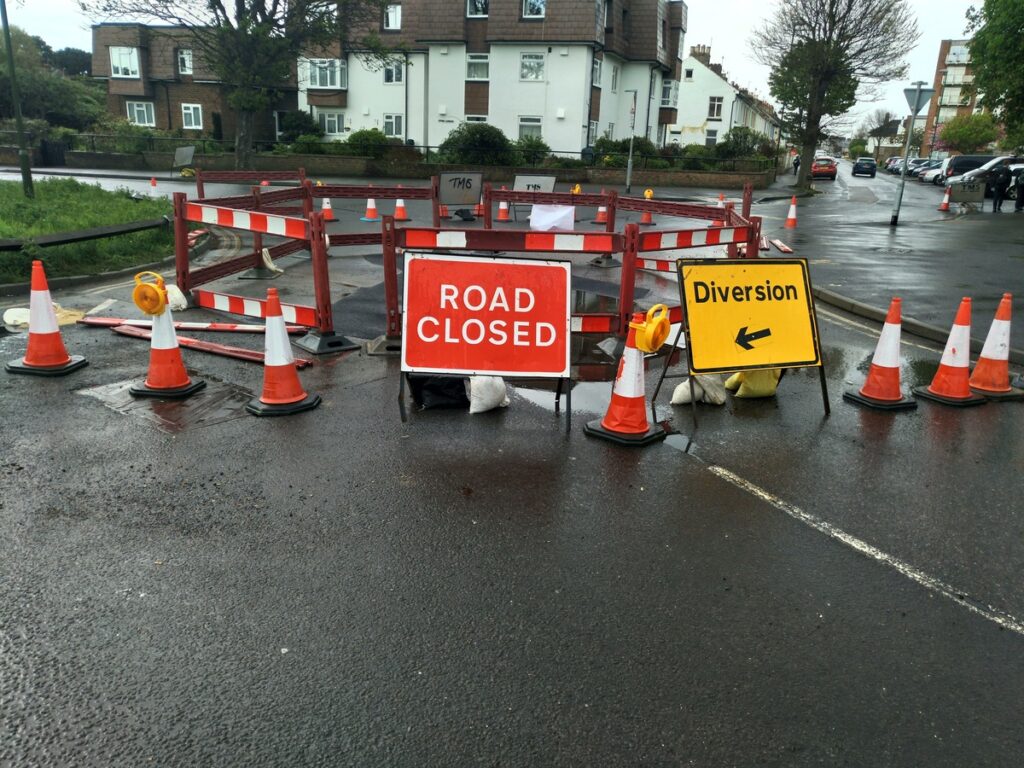
Traffic volume and flow
Think about traffic size and movement when picking a frame. Busy highways need frames showing many messages clearly at once. City roads, where traffic changes often, need flexible frames. Construction areas have uneven traffic, so frames must handle quick updates.
Choose frames that drivers can see easily and understand fast. On roads with fast cars, big frames with bold letters work best. On slower roads, smaller frames with detailed signs are fine. Matching the frame’s design to traffic helps keep roads safe and clear.
Message complexity and clarity
Traffic signs must be simple and easy to understand. Frames should make tricky messages clear so drivers get them quickly. Signs like speed limits, lane changes, and detours must be clear and not confusing.
Studies show messages matching drivers’ views are more effective. Confusing signs can cause doubt or misunderstanding. Use tables or bullet points to make messages clearer. For example:
| Key Findings | What It Means for Messages |
|---|---|
| Messages matching drivers’ views work better. | Make messages fit drivers’ expectations. |
| Confusing signs cause doubt and stigma. | Avoid unclear or mismatched messages. |
Clear signs help drivers understand rules better, making roads safer and smoother.
Compatibility with existing infrastructure
When picking a Multi-Message Frame, make sure it fits well. It should work smoothly with the current traffic system. This avoids problems and keeps things running easily.
First, check the traffic setup already in place. Look at the signs and how they are mounted. Frames that match these setups save time and money. For instance, if pole-mounted signs are used, pick similar frames.
Check the area where the frame will go. City roads often need small frames due to tight spaces. Highways need bigger frames for faraway visibility. Construction sites need frames that are easy to move without causing damage.
Make sure the frame follows Australian rules. Frames meeting these standards fit better with current systems. They also ensure safety and avoid fines.
Tip: Talk to local traffic officials before buying a frame. This helps you avoid mistakes and ensures the frame works well with your system.
Material Selection and Durability
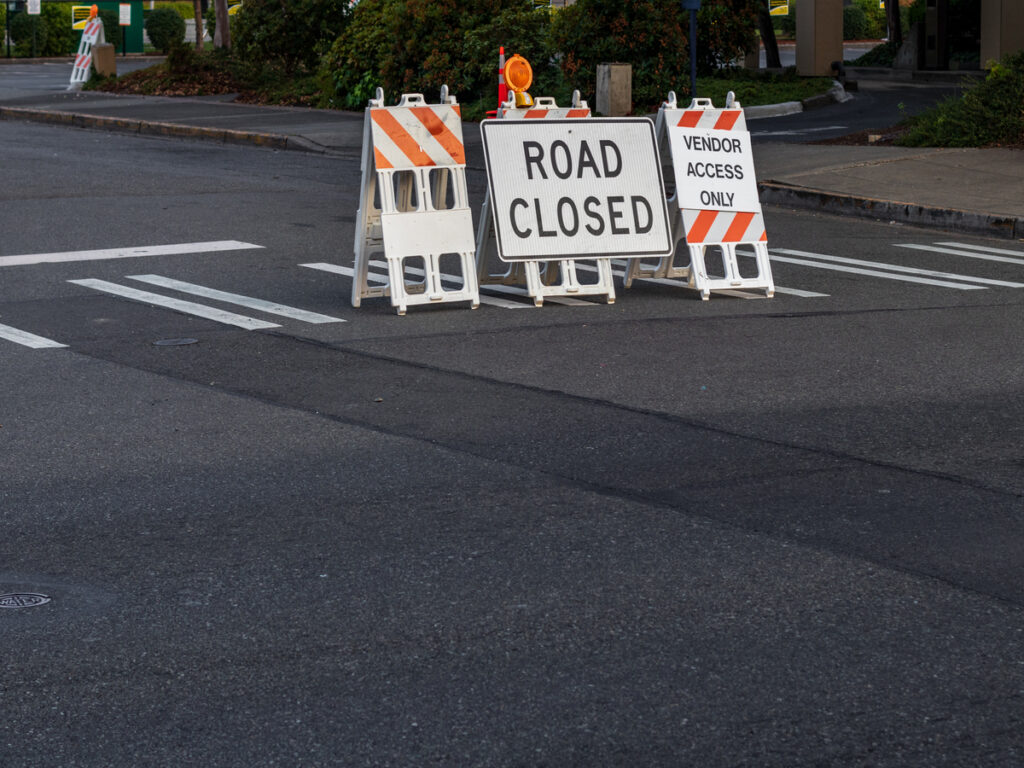
Common materials used in Multi Message Frames
Picking the right material makes frames last longer and work well. Aluminium is light and does not rust, so it is popular. Stainless steel is very strong and handles tough weather easily. Galvanised steel is sturdy and resists rust, great for coastal areas. Signs often use UV-protected prints to stay clear in bright sunlight.
These materials work in many places. Aluminium is good for city roads where space is tight. Stainless steel is best for highways with strong winds and heat. Galvanised steel suits building sites needing strong, movable frames.
Weather resistance for Australian conditions
Australia has many climates, from wet coasts to dry inland areas. Frames must survive these without losing their quality. Aluminium and stainless steel do not rust in salty or damp air. UV-protected signs stop fading in strong sunlight, staying easy to read.
Weatherproof frames handle rain, wind, and temperature changes well. For example, aluminium with UV protection works in Queensland’s heat. In Sydney’s damp air, galvanised steel stops rust and lasts longer.
Ensuring long-term durability
Strong sign frames are important for busy roads. Good materials and weatherproofing make them last longer. The table below shows key features for durability:
| Feature | Description |
|---|---|
| Construction Materials | Aluminium and UV-protected signs stay clear and strong. |
| Weather Resistance | Built to handle rain, sun, and wind without damage. |
| Structural Integrity | Metal frames stay solid in heat and keep working well. |
| Fixed Placement | Staying in one spot makes them stable and easy to maintain. |
To make frames last, pick ones with strong joints and coatings. Check them often to spot problems early and avoid big repairs. Using tough materials means less fixing and longer-lasting frames.
Installation and Maintenance
Adjusting installation for different locations
Install the Multi-Message Frame based on where it will go. Highways need strong frames to handle wind and fast cars. City roads need small frames that fit tight spaces. Construction sites need frames that can move easily as work changes.
Check the ground before installing. Bumpy areas may need extra support like stronger bases. Coastal places need materials that resist rust from salty air. Rainy areas should have drainage to stop water building up.
Simple tips for safe installation
Safe installation keeps the frame steady and working well. Use message frames that give clear choices to help drivers. Test the frame with experts and drivers to see if it works. Change the design based on feedback, like making signs simpler.
Here are some helpful tips:
| Installation Tips | What to Do |
|---|---|
| Clear Message Frames | Use frames that give clear options for better driver understanding. |
| Testing | Try the frame with experts and drivers to check its usefulness. |
| Design Changes | Update the design based on feedback to make signs easier to follow. |
Use strong bolts and brackets to keep the frame secure. For pole-mounted frames, check the pole is strong enough to hold it. Inspect the frame often to find loose parts or damage early.
Regular care and following Australian rules
Looking after the safety sign frame keeps it working well. Check it often for rust, cracks, or loose parts. Clean the signs so they stay easy to read, especially in dusty areas. Replace broken or faded signs quickly to keep messages clear.
Follow Australian rules like AS 1742 for traffic signs. These rules say how big signs should be and where to put them. Following these rules keeps roads safe and avoids fines.
Tip: Do maintenance checks when traffic is quiet to avoid delays.
Practical Steps for Selection
Checking traffic needs and project goals
The first step is to understand traffic needs. Look at the type of vehicles, how many there are, and what messages need showing. For example, highways with fast cars need big frames with bold signs. Slower city roads may need smaller frames with detailed messages.
To check these needs, use helpful methods. The table below shows some examples:
| Method Type | What It Does |
|---|---|
| Data Visualisation | Shows many details in one picture |
| Before-and-After Studies | Compares changes to find simple patterns |
| Basic Statistical Methods | Uses common maths tools to study data |
| Studies with Time/Place Effects | Looks at how time or location changes results |
These methods help you find what your project needs. For instance, a building site might need a frame for quick updates. A highway frame might focus on being strong and easy to see.
Tip: Think about busy times and the vehicles on the road. This helps pick a frame that works for everyone.
Choosing sign frame materials and design
The material and design decide how well a frame works and lasts. Aluminium is light and does not rust, so it suits cities. Stainless steel is strong and good for tough weather on highways. Galvanised steel stops rust, making it great for coastal areas.
When looking at design, check if the frame can hold many signs. Modular designs are useful as you can add or change parts later. This keeps the frame useful as traffic needs change.
Think about the weather where the frame will go. In Queensland, frames must handle heat. In Sydney, they need to resist damp air. UV coatings keep signs clear in sunny places.
Note: A good frame design saves money by needing less fixing over time.
Making sure it fits and grows
The sign frame must fit with the current traffic system. Check how signs are mounted and what tech is used, like digital screens. Picking a frame that matches avoids extra work and makes setup easier.
The frame should also grow with future needs. Traffic changes, so modular frames are smart. You can add new parts without buying a whole new frame.
The chart below shows how frames with extra features perform better:
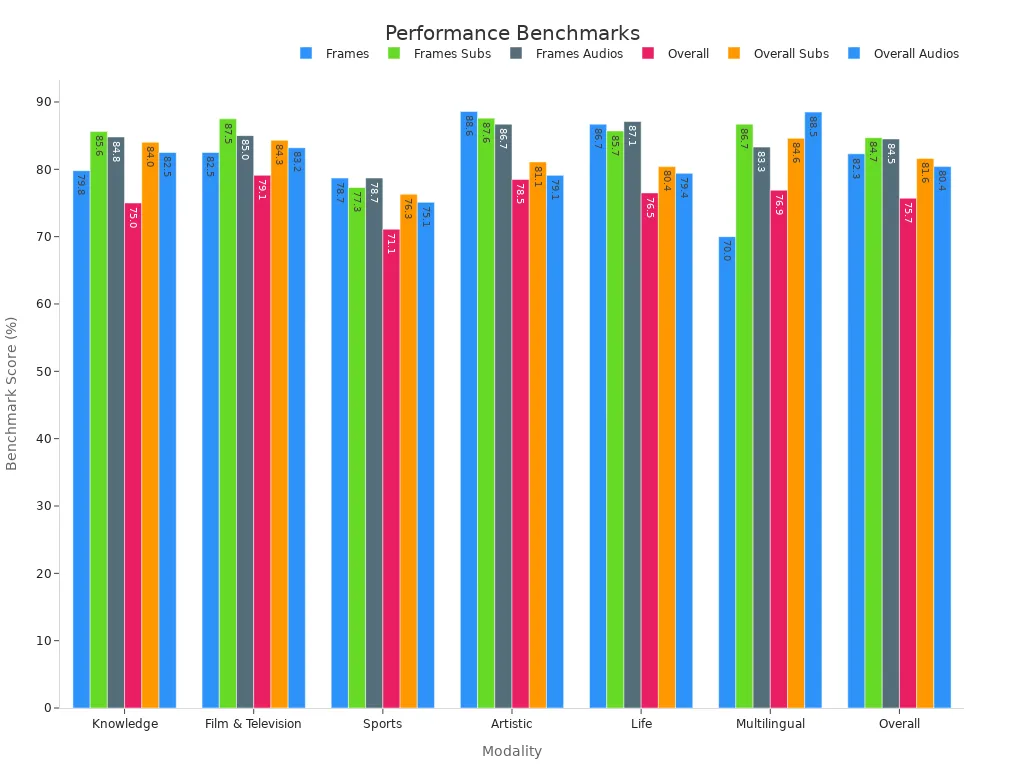
Frames that allow extras like subtitles or sound are more adaptable. This shows why choosing a frame ready for new tech is important.
Tip: Talk to local traffic officials to check the frame meets Australian rules. This ensures safety and avoids legal trouble.
Following Australian standards and rules
When picking a Multi-Message Frame, make sure it follows Australian rules. These rules help keep roads safe and traffic organised. They also make sure the frame lasts long and works well. Following these rules avoids legal trouble and ensures the frame works properly.
Why Australian rules are important
Australian rules, like AS 1742, give clear steps for traffic signs. They explain how big signs should be and where to place them. By following these rules, drivers can easily understand the messages. This lowers confusion and makes roads safer.
Frames that meet these rules fit better with current traffic systems. This saves time and effort during setup. It also ensures the frame works smoothly with other road tools.
Tip: Learn about AS 1742 and other rules before buying a frame. This helps you avoid mistakes and keeps your project legal.
Key rules to remember
Here are some important points about Australian rules:
- Sign sizes: Use the right size for signs. Big signs are for highways, while smaller ones work in cities.
- Placement rules: Follow rules for where to put frames. This includes height and distance from the road. Proper placement makes signs easy to see.
- Material standards: Pick materials that are strong and weatherproof. Aluminium and galvanised steel are good choices.
- Clear messages: Make sure the text and symbols are easy to read. Drivers need to understand them quickly.
Steps to follow the rules
To ensure your frame meets Australian rules, do these steps:
- Talk to local officials: Ask traffic experts in your area for advice. They can tell you what works best for local roads.
- Read the rules: Study documents like AS 1742 to know the details about signs and frames.
- Buy from trusted sellers: Choose sellers who make frames that follow Australian rules. This lowers the chance of problems.
- Check after setup: Inspect the frame after installing it. Make sure it follows all the placement and visibility rules.
Why following rules helps
Following Australian rules has many benefits:
| Benefit | What It Means |
|---|---|
| Safer roads | Clear signs lower accidents and confusion for drivers. |
| Easy setup | Frames that follow rules fit well with current traffic systems. |
| Long-lasting frames | Strong materials last longer in tough weather. |
| Legal safety | Following rules avoids fines and legal problems. |
By following Australian rules, your Multi-Message Frame will work well and make roads safer and more organised.
Note: Keep learning about traffic rules as they may change to improve road safety and technology.
Picking the right Multi-Message Frame helps manage traffic well. Think about how busy the roads are and how clear messages need to be. Make sure the sign frame can grow with future needs and fits with current systems. If you skip these steps, it might cause problems or risks. Check the weather and plan for future traffic changes to avoid errors. By following simple steps, you can choose a frame that works now and later. This makes roads safer and keeps traffic moving easily.
FAQ
What are Multi-Message Frames used for in traffic management?
Multi-Message Frames show many traffic messages in one spot. They are used on highways, city streets, and building sites. These frames share updates like speed rules, closed lanes, or detours. They make roads safer by giving drivers clear and simple information.
How do I choose the right material for a Multi-Message Frame?
Pick materials based on where the frame will be used. Aluminium is light and does not rust, so it suits cities. Stainless steel is strong and handles tough weather on highways. Galvanised steel stops rust, making it great for coastal areas. Always think about how durable the frame needs to be.
How often should I maintain a Multi-Message Frame?
Check frames often to keep them safe and working well. Look for rust, loose parts, or faded signs. Clean the signs so drivers can read them easily. Follow Australian rules like AS 1742 to stay compliant. Regular care avoids big repairs and keeps roads safe.
Can Multi-Message Frames adapt to future traffic needs?
Yes, modular frames let you add or change parts as needed. Choose designs that work with new tools like digital screens. This keeps the frame useful and saves money over time.
Do Multi-Message Frames comply with Australian regulations?
Yes, if chosen and installed properly. Make sure the frame follows rules like AS 1742 for size, placement, and materials. Talk to local traffic experts to check compliance. Following rules keeps roads safe and avoids legal trouble.
Tip: Always ask experts and check Australian rules before buying or setting up a Multi Message Frame.
